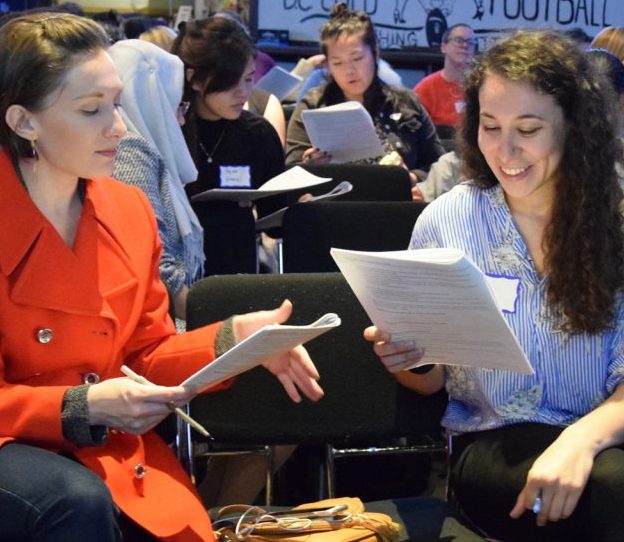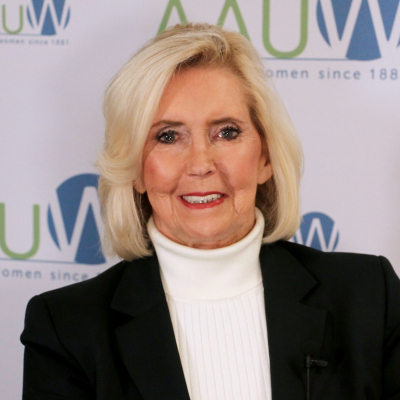Women & Retirement
A lifelong pay gap culminates in the fact that women have significantly less income than men during their retirement years, a time when they are particularly vulnerable.
Not-So-Golden Years
Women encounter a pay gap at every stage of life, but nowhere is it more pronounced than during the retirement years. On all three components of the “three-legged stool” of retirement security — Social Security, pension and savings — women fall short. As a result, they have 70% of the income that men have during retirement.
Older women are more likely than men to live below the poverty line: In 2018, 11% of women over age 65 lived in poverty, compared to 8% of men. And even those who aren’t impoverished struggle to get by on meager incomes: While white men over 65 have an average annual income of $44,200, Black women in that age group have only $21,900, Latinas have $14,800, and white women have an average annual income of $23,100.
That’s because, over the course of a lifetime, the gender pay gap causes women to lose out on hundreds of thousands of dollars in earnings, making it difficult for them to accumulate savings. What’s more, because women are more likely to work part-time, or to move in and out of the workforce as they juggle caregiving responsibilities, they are less able to save for retirement and less likely to have access to an employer-sponsored retirement plan. Lower wages — coupled with time away from work — results in lower Social Security benefits.
At the same time, women typically live longer than men, meaning they will face higher costs in retirement, both in terms of daily living expenses and health-care costs. And women are more likely to rely on Social Security to meet those expenses: Social Security accounts for 47% of total income for unmarried women, including widows, compared to 34% of total income for unmarried men. 46% of unmarried women over 65 receiving benefits rely on Social Security for nearly all (90% or more) of their income.
American women deserve a secure retirement, no matter what career choices they made during their lifetime. To ensure that, we need laws and policies that will strengthen retirement programs, including protecting Social Security, improving pension benefits and ensuring women receive fair pay throughout their careers to bolster their savings. Gender equity is a lifelong proposition!
A Matter of Fairness
Women are out-living their spouses on average by 10 years. So many of them can’t stay independent simply because they did not get the rightful pay and retirement benefits during the 30 or 35 years they were working. This is devastating to the American family. We must get equal pay we deserve.
5 Reasons Older Women Face a Pay Gap
The retirement gap doesn’t just happen: It’s the result of a lifetime of inequity.
Get the Facts
Related
Where We Stand: Retirement Security

Know Your Rights

The Simple Truth About the Gender Pay Gap


Policy Recommendations: Retirement Security for Women
Because of a lifelong pay gap, women are more apt to be poor and struggling in their retirement years. Read about the policy measures AAUW supports to ensure women’s retirement security.

Learn to Negotiate
Start saving for retirement today by learning to negotiate for the best salary and benefits with our free training, AAUW Work Smart.
Take Action
There are lots of ways to get involved with AAUW’s work to advance gender equity. Together, we can make a difference in the lives of women and girls.
Sign up to get timely action alerts
If you prefer, text “AAUW” to 21333 to get AAUW action alerts via text.

